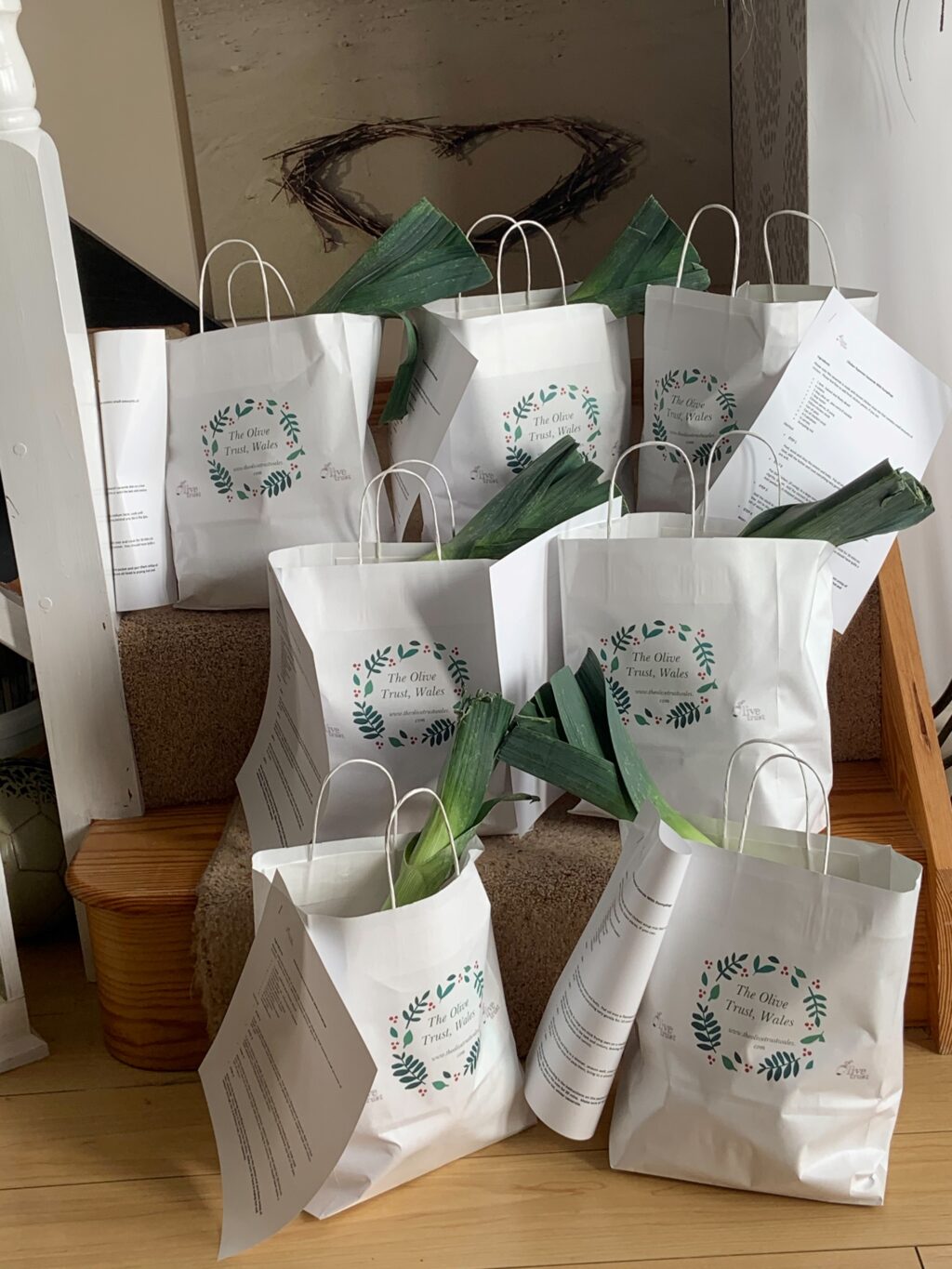Charity warns diabetes cases could soar as food bank dependence reaches new high during the pandemic.

The growing dependence on food banks across the country during the pandemic could lead to a surge in Type 2 diabetes cases among low-income communities according to UK charity, The Olive Trust Wales.
Food bank use in the UK has surged since the start of the outbreak – up by more than a third compared to pre-Covid levels according to The Trussell Trust – as the economic fallout from the pandemic has resulted in unemployment levels rising and household incomes plunging, leaving many families needing support.
The Olive Trust Wales, a social enterprise dedicated to promoting social inclusion, equality, and environmental sustainability, has warned that this increased reliance on food banks could spark a wave of food-related Type 2 diabetes cases due to unhealthy diets.
Largely based around canned goods – which are typically high in sodium – and with a lack of fresh items, emergency food packages are not designed for long-term use as they do not provide sufficient nutrients for a healthy, balanced diet. Using them for longer periods of time could place low-income families at greater risk of developing the condition.
The Olive Trust Wales is working to combat the rise of food-related diabetes in people on the poverty line by providing weekly donations of fresh fruit and vegetables to food banks to ensure that those dependent on these services have access to healthy and balanced meals that can help prevent type 2 diabetes and other illnesses, while also boosting the immune system against Covid.
Over the course of the pandemic, the Trust has worked closely with food bank services in Pembrey and Burry port in Carmarthenshire, providing over £1,000 worth of donations. It has also delivered food parcels directly to individuals shielding due to diabetes. In total, the organisation has helped more than 100 people with its fresh food donations and is now looking to expand its services across the UK.
Denise Kingsley-Jones, Founder of The Olive Trust, said: “For people who are dependent on food banks, or for individuals who are on the poverty line and less likely to able to afford fresh items, the risk of developing type 2 diabetes unfortunately increases. These people tend to be more prone to eating canned meats and dried goods, without the benefits of fresh fruit and vegetables, which can contribute to ill health and an increased risk of developing the condition. As reliance on food banks continues to grow, we expect cases of Type 2 diabetes to rise which paints a very worrying landscape.
“We feel strongly that a person’s health shouldn’t be determined by their financial situation, which is why it is so important to ensure that low-income families not only have access to healthy food options but also the guidance on how to make the best use of food they are provided with to create healthier meals.”
While a lack of access to fresh food has a contributing role to play in the rising cases of Type 2 diabetes among poorer communities, the charity has found that a lack of knowledge around meal preparation within these individuals is also to blame. To help this, the organisation has also developed recipes to accompany food parcels provided to communities which show how to utilise all of the box’s ingredients, alongside the donated fruit and vegetables, to create well-balanced meals.
Denise added: “As well as donating fresh food to food banks, we are also compiling recipes to go with the parcels such as lamb broth, apple crumble and casseroles, so that even when a tin of meat is included in a parcel, the contents can go a lot further with the inclusion of fresh food.”